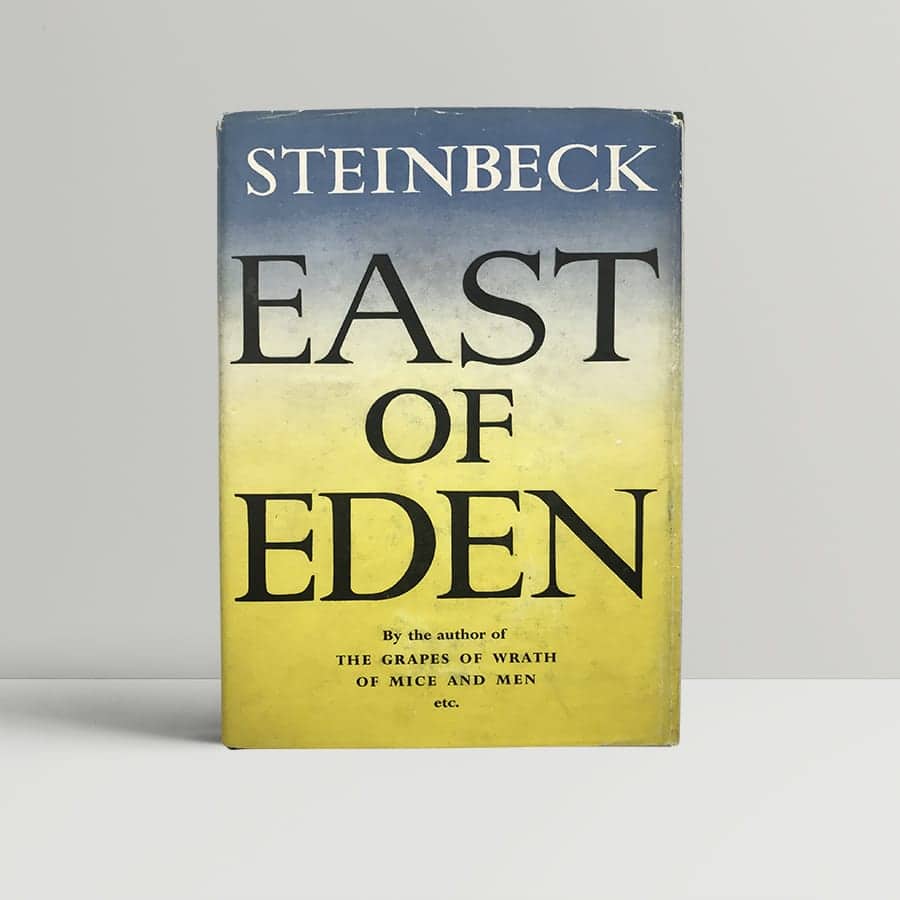

Structurally, the novel has four parts, and each chapter contains different sections. In addition, Steinbeck explores various philosophies through his narrator and one of the main characters. An ode to the Salinas Valley, the novel is primarily a bildungsroman in which the protagonist’s coming of age resolves in major character development, and elements of biblical allegory and subversion play important roles.

A multigenerational saga, it focuses on one family but includes extended secondary families to enrich human dynamics. It’s a story about California life, about the essence of being human, about religion, and about family.

East of Eden explores concepts central to the ethos of the US: determinism, free will, family, individual identity, the value of hard work, and the battle between humans and rustic terrain.


 0 kommentar(er)
0 kommentar(er)
